It’s Time for the Tour Down Under to Say No to Santos
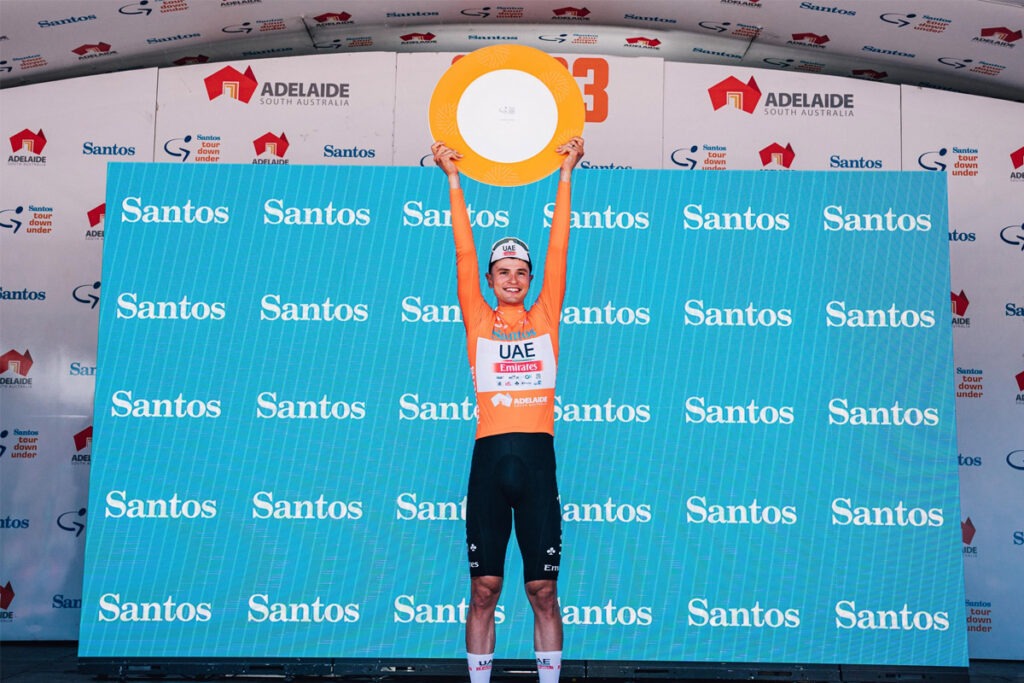
Adelaide, SA
If you look back through the Opinion section of the Micromobility Report, you’ll see I use my prerogative as publisher to voice an opinion very sparingly. There are only a couple of dozen opinion pieces since we started in 2019, most of which are non-controversial and some of which were written by guests.
That’s because I’m always mindful of the wise advice given to me by the co-founding publisher of BRAIN (Bicycle Retailer and Industry News) which is the US’s bike trade media.
“Just report the facts!” Marc Sani would say. “People don’t care about your own opinion.”
That’s why you’re reading this particular opinion piece now … not last year or the year before when I almost published it, but held back.
Anyhow, have a Winfield!
Let’s start with a story from another era, many years ago in a previous century.
I was born and raised in South Australia. From the age of 10, my greatest passion was riding and racing bicycles, which I mainly did in SA and eventually in the US and Europe, until I was into my early 20s.
Back then, none of my us ever dreamed there could be a race like the Tour Down Under in our home State; even though many riders who would go on to be key Tour Down Under figures, including founding race director Mike Turtur, were my bike racing contemporaries.
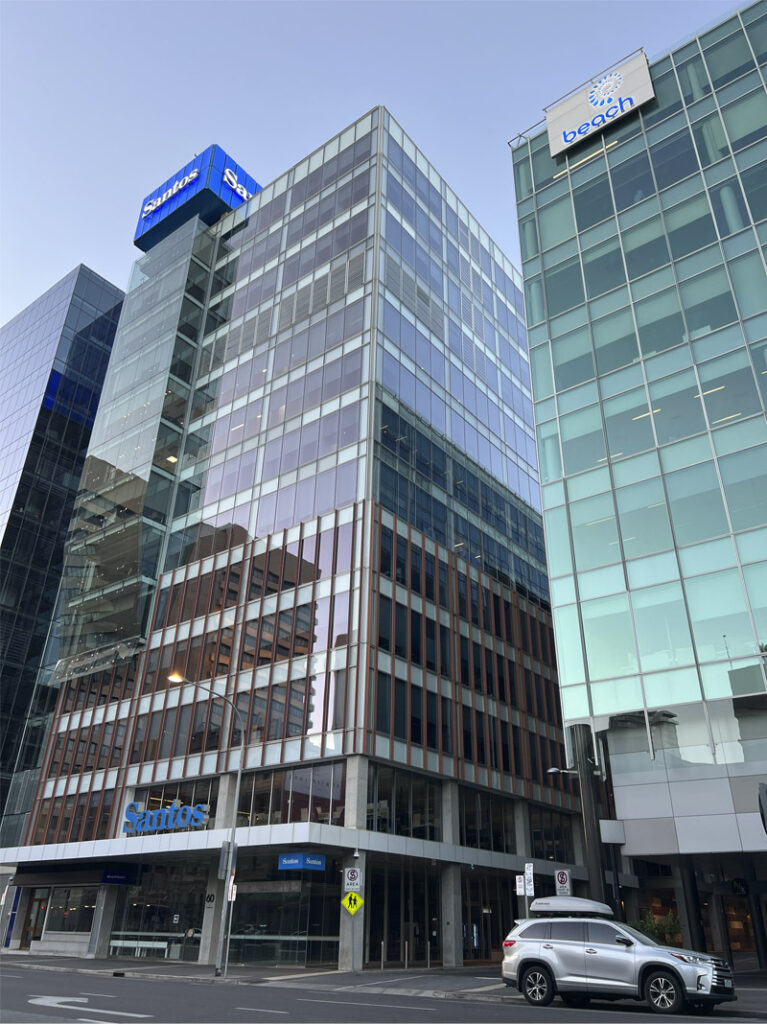
Throughout my cycling career, the biggest local road race of the season was the Sunday Mail Tour. As the title suggests, its main sponsor was the publisher of Adelaide’s Sunday newspaper. We’re talking an era from 1972 to 1984, when newspapers dominated the media landscape. Mark Zuckerberg and many of the other internet moguls of today were not even born.
I can’t remember the exact years, but I recall that for at least of the two years that I raced this event, it was known as the Winfield Tour.
I remember sitting in a large hotel function room at the end of one year’s tour, waiting for the prize presentation. Two ‘Winfield Girls’, dressed in bright red outfits, were walking around the room offering free cigarettes, with a light and a smile, to anyone who felt like having a smoke, which was completely legal to do indoors at that time.
The paradox was that this indoor space was filled with many of the best cyclists from SA and interstate – and none of them smoked. The few parents, partners and friends in the room who did smoke were being chain fed free cigarettes from the somewhat embarrassed Winfield promotional crew. It meant the fit but tired cyclists’ lungs were coping a beating from passive smoking as they sat through the speeches and awards after two brutally hard days of racing.
Even back then, medical science had proven that smoking was bad for your health. All television and radio advertising of tobacco products had already been banned in Australia and was gradually phased out between 1973 and 1976.
Tobacco companies then redirected their gushing money hose towards sports sponsorship, including what was then SA’s premiere bicycle race.
In a reflection upon just how much leverage powerful vested interests can have over governments, it was not until 1992 that tobacco sponsorship was finally banned for domestic sport. Even then, international sport could receive Ministerial exemption until 1996. If you’re 40 you might remember the Benson & Hedges Test Cricket or Marlborough sponsoring the Australian Gran Prix, for example.
Ironically one of the last avenues left open to tobacco sponsorship is donations to political parties. Only in recent years have the Labor and Liberal parties stopped accepting tobacco money, but the Nationals and Liberal Democrats still do.
“Santos is ‘greenwashing’ – cashing in on the clean image of cycling to promote it climate-altering products.”
What has all of this got to do with Santos and the Tour Down Under which is now Australia’s biggest annual cycling event?
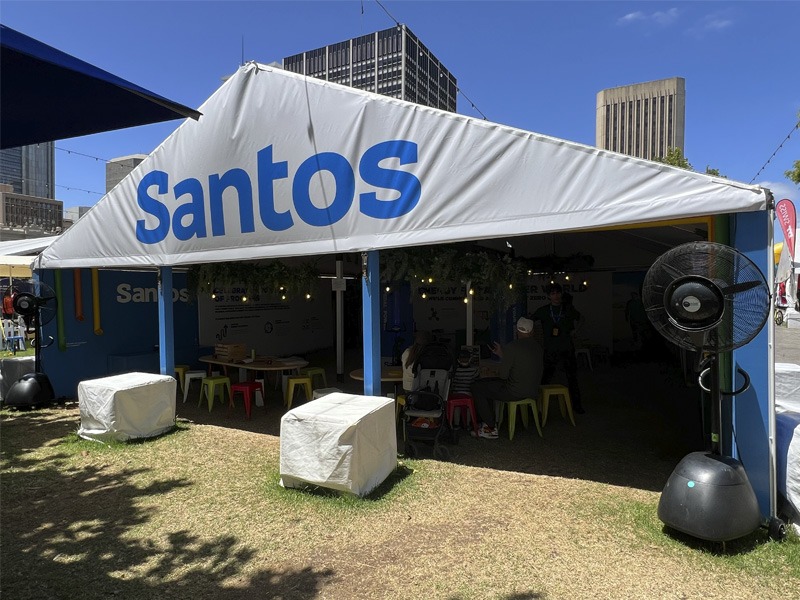
Just like the science relating to tobacco, the science has long been settled that our use of fossil fuel is contributing to global warming.
Just like Winfield, Santos is ‘greenwashing’ – cashing in on the clean image of cycling to promote it climate-altering products.
We shake our heads in bemusement now at the true story I’ve just told regarding tobacco promotion, which is not just illegal now, but in violation of our accepted social norms.
But I have no doubt the day will come when we look back with the same bemusement at today’s era when fossil fuel companies are still allowed to promote their even more harmful products.
In case you’re wondering, Santos stands for ‘South Australia Northern Territory Oil Search’. Like me, they’re South Australian born and bred.
Like every school kid of that era, I grew up in school being taught about the importance of the Moomba oil and gas fields in far north South Australia. These date way back to the 1960s. I can also remember riding past what was then the very modest two-storey Santos headquarters in suburban North Adelaide.
Times have changed. These days the company’s HQ is an office tower in Adelaide’s city centre. Santos has long since expanded beyond SA and is a global, multi-billion-dollar fossil fuel company. It’s had battles with everyone from traditional owners in the Tiwi Islands to farmers around Narrabri, NSW who are worried about damage to their land and livelihoods through gas fracking and other activities.
Santos is a long-term major political donor to both sides of politics, at both State and federal levels. There’s also a list of environmental incidents that have occurred at various SANTOS projects.
This is a company in need of some greenwashing.
“It’s time for the Tour Down Under organisers to file for divorce from both Santos and all direct fossil fuel sponsorship.”
Already, protests are becoming an annual part of the Tour Down Under. Having grown up in SA, I know it’s a relatively small, closed shop when it comes to the relationship between big business, government and the local media.
While the South Australian local media get right behind the Tour Down Under and play down the protests, as a resident of NSW, I experienced a different story in January 2023 before heading to SA for the final days of the TDU.
The only thing my non-cycling friends knew about the race was the protests. That’s what the broader national media were talking about, not the race itself.
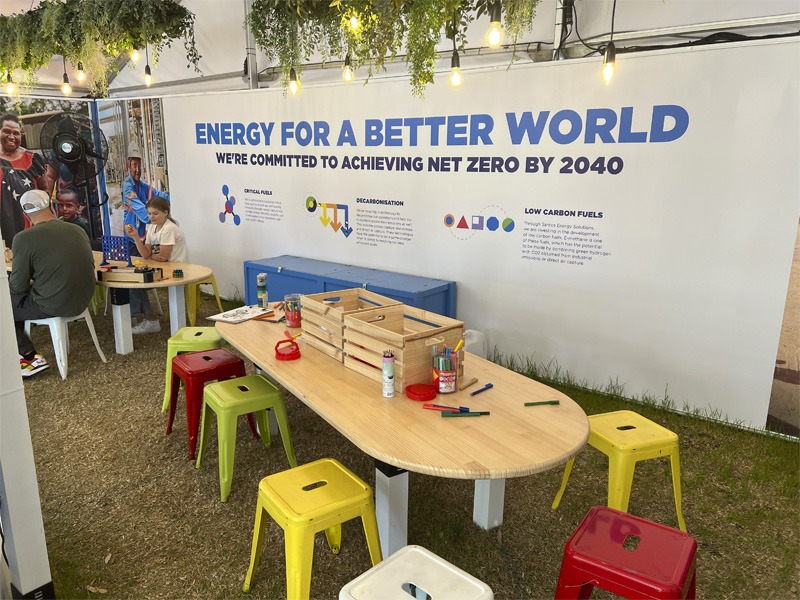
It’s time for Tour Down Under organisers to file for divorce from both Santos and all direct fossil fuel sponsorship.
You might have noticed I slipped the word ‘direct’ into the previous sentence.
Every pro cycling fan will know that fossil fuel companies and nations are now well entrenched as major global pro cycling sponsors, such as: Team Bahrain Victorious, UAE Team Emirates, Ineos Grenadiers and, closer to home, Team Jayco Alula.
In the – at present – highly unlikely case that the Tour Down Under wanted to continue without any fossil fuel-related sponsorship, the UCI (cycle sport’s world body) would compel them to do so via the game-breaking leverage of revoking the event’s World Tour status.
“Are you comfortable having a fossil fuel company cashing in on your clean, green credentials?”
But I suggest even this will change over time. Who would have thought that Formula 1 motor racing, that used to receive hundreds of millions of dollars per year from tobacco sponsorship, would ever cut that umbilical cord? After years of protesting, it eventually banned tobacco advertising and all logos on cars and drivers in 2006; although to this day, the tobacco industry remains a major sponsor through less overt methods.
Santos may be the naming rights sponsor to the Tour Down Under and, by implication, the largest financial contributor (although I’m told that the cash and in-kind support that ultimately comes from taxpayers, via the South Australian Government, is much greater) but many bicycle industry members also sponsor the event, both directly and through booking expo spaces at the Tour Village.
Here are a couple of questions for the CEOs of those companies within Australia and for the overseas owners of the global brands.
Are you comfortable having a fossil fuel company cashing in on your clean, green credentials?
How many of your customers are comfortable with you doing so? And for those that currently are, how long will this remain the case?
Paul Hogan used to famously say with a nod and a smile, “Anyhow, have a Winfield!”
Perhaps that should be updated to, “Anyhow, have a planet.”
A similar version of this article was first published in The Latz Report in October 2023.
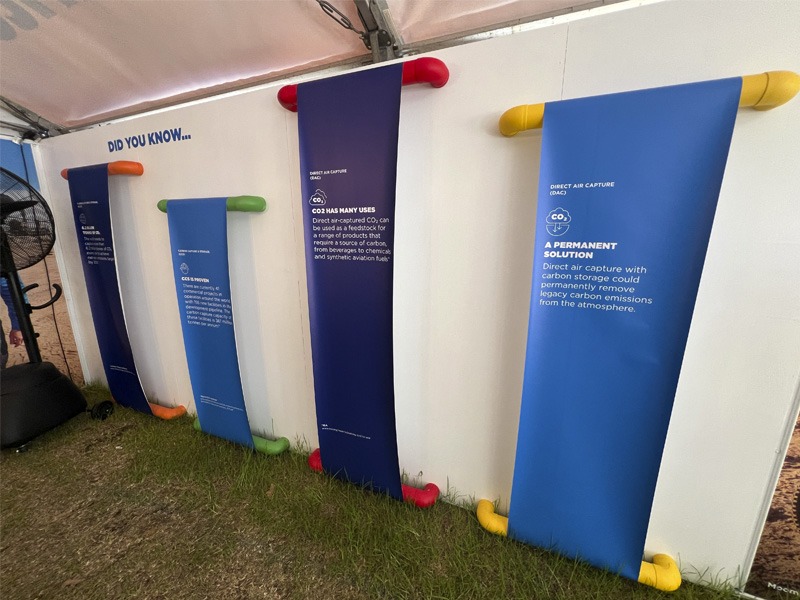
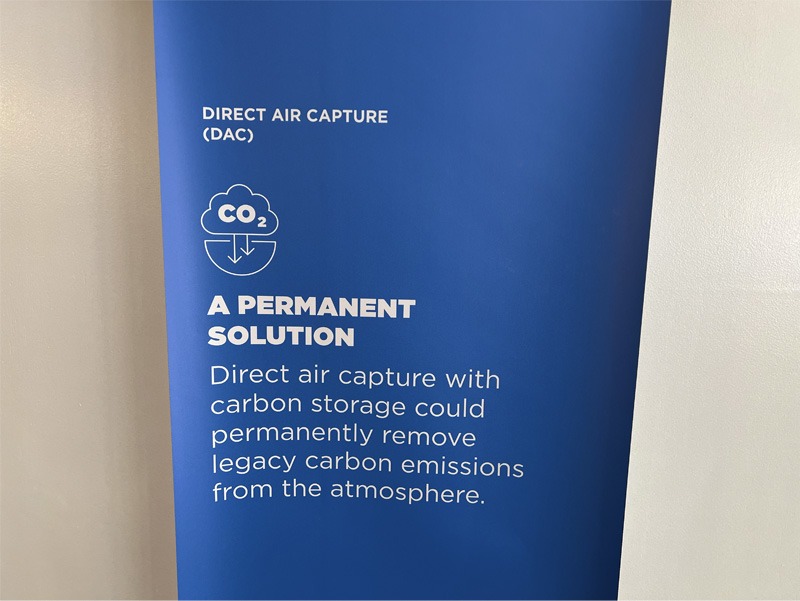
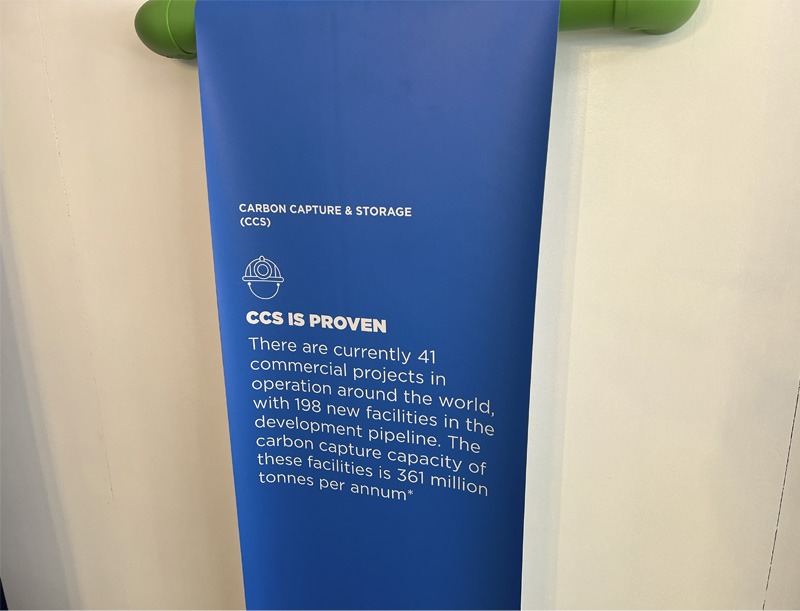
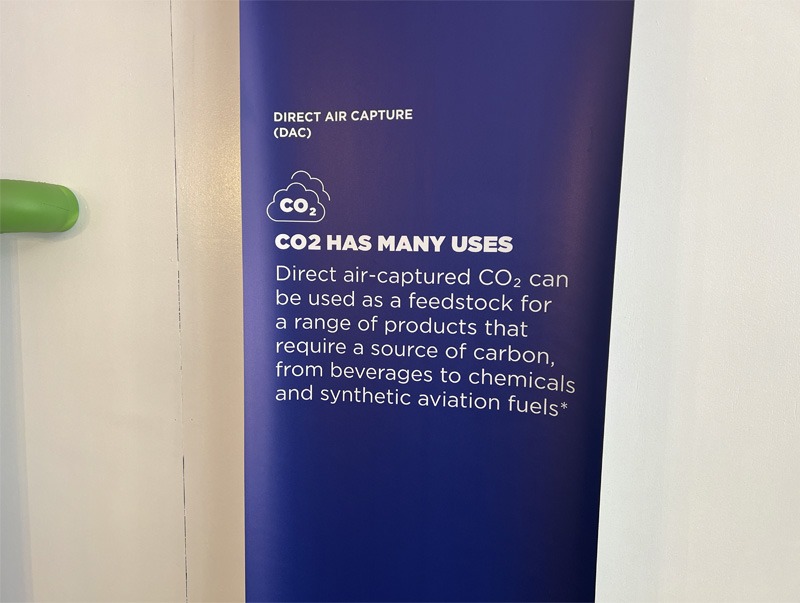

Brave, but necessary. Kudos Phil for sticking your neck out on this one.
Thanks for this piece Phil. The sponsorship arrangements for the Tour Down Under have made me uncomfortable for years, to the point that I now ignore the event. I look forward to visiting SA and watching the race live when they eventually change sponsors.
You’re right Phil, we need to call out this green washing for our children and the planet.